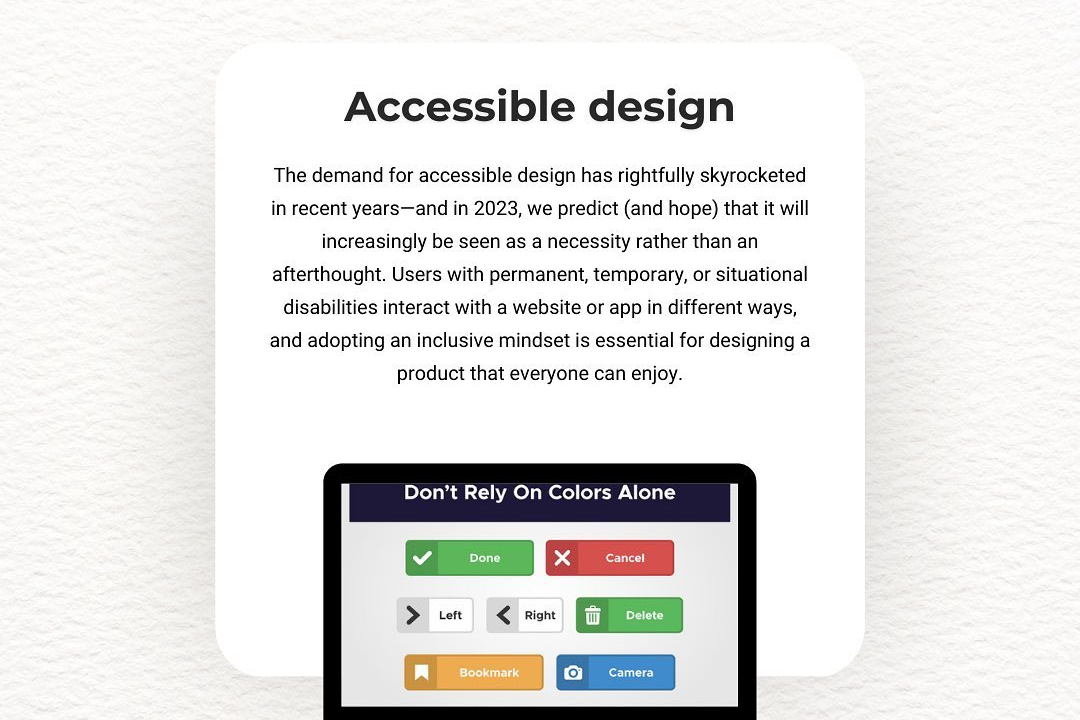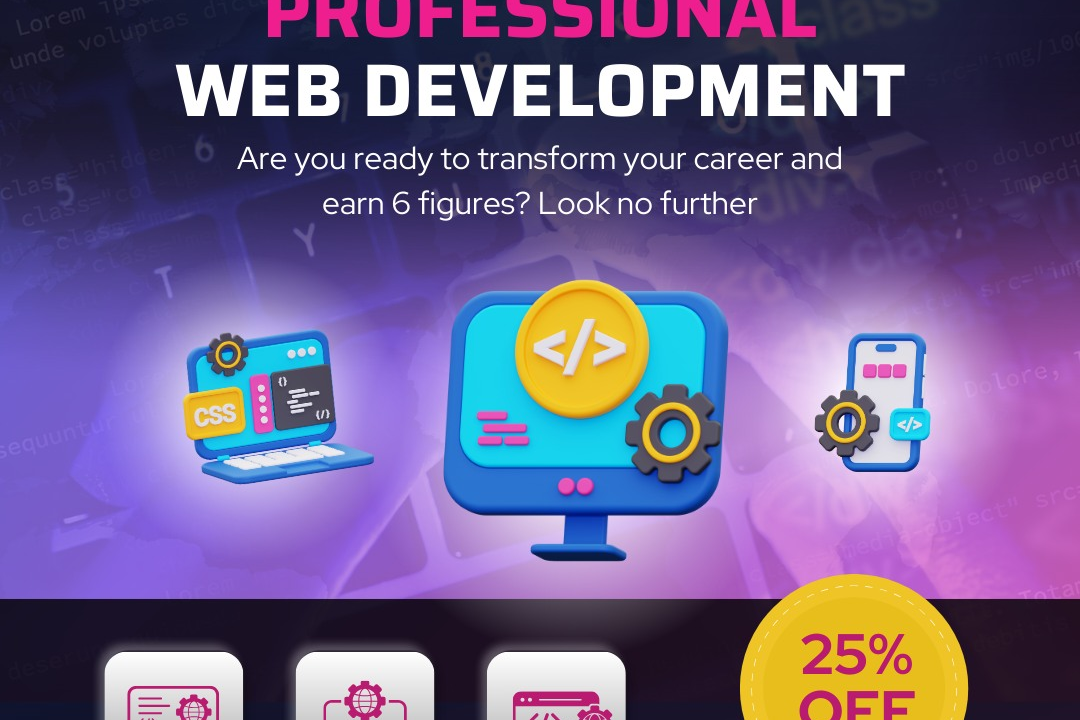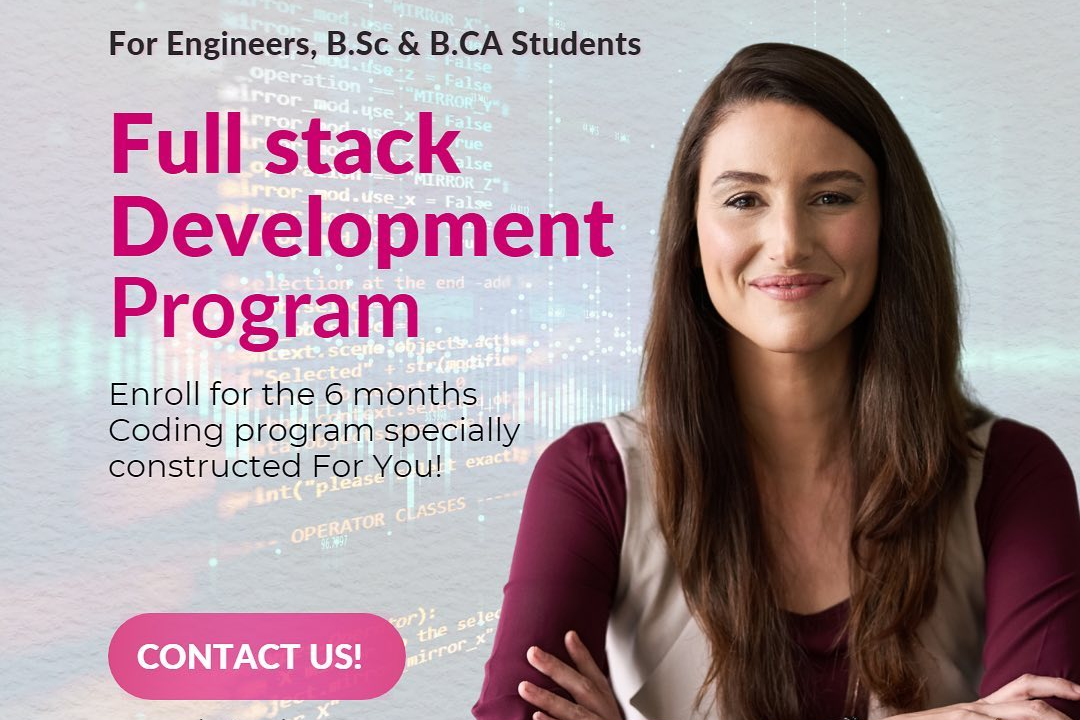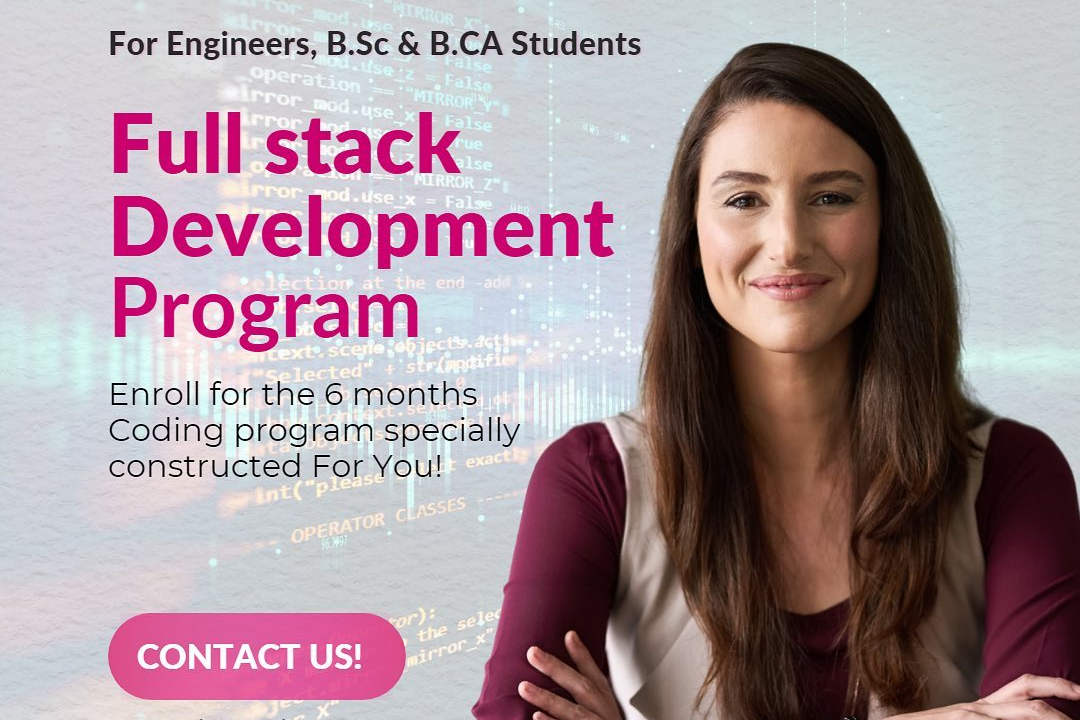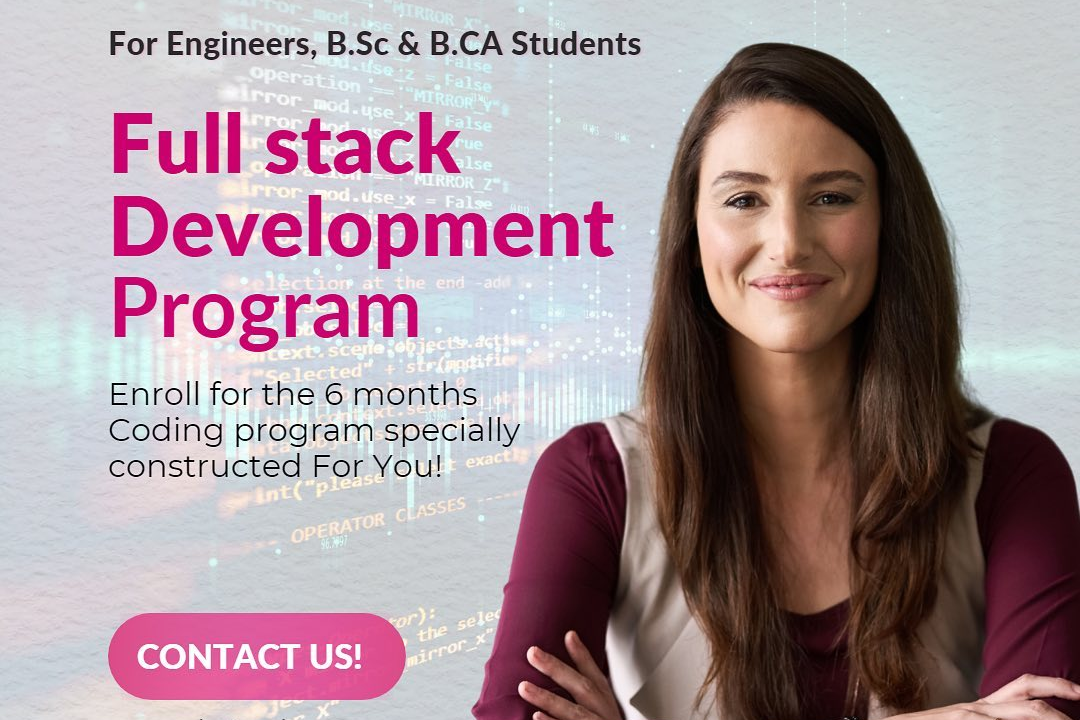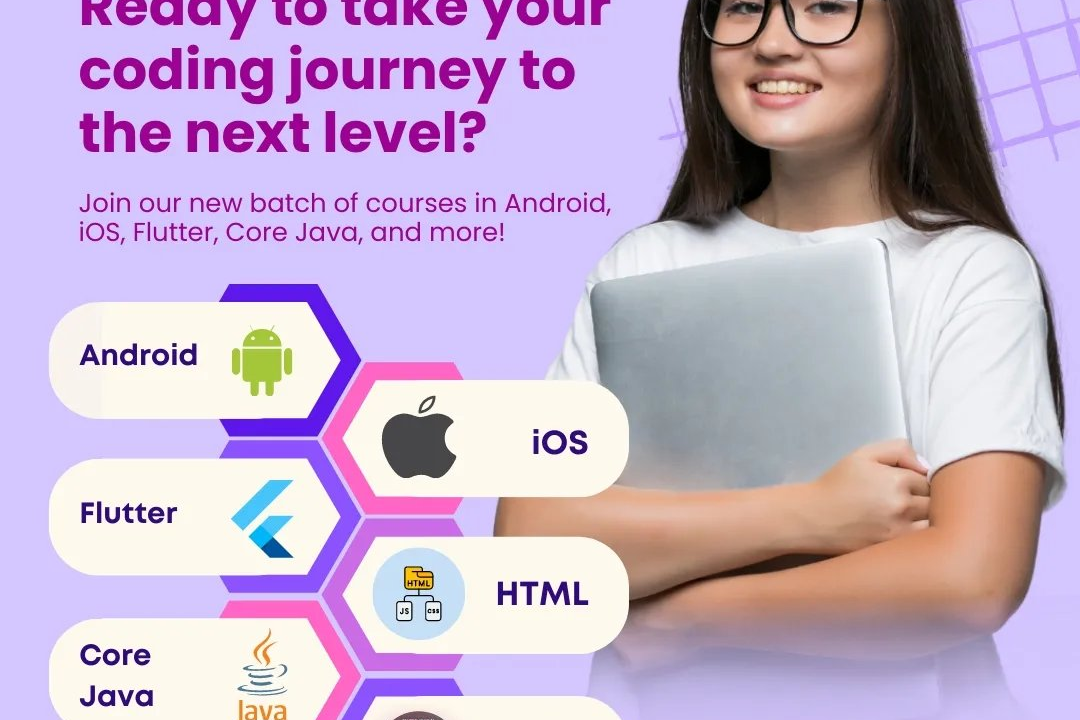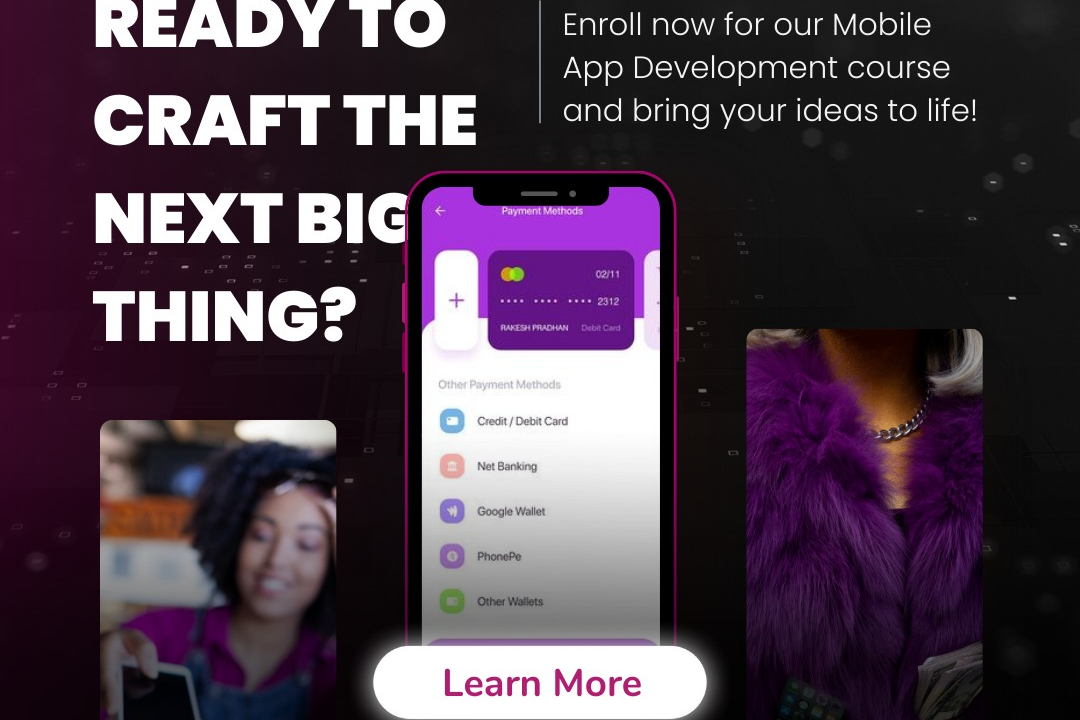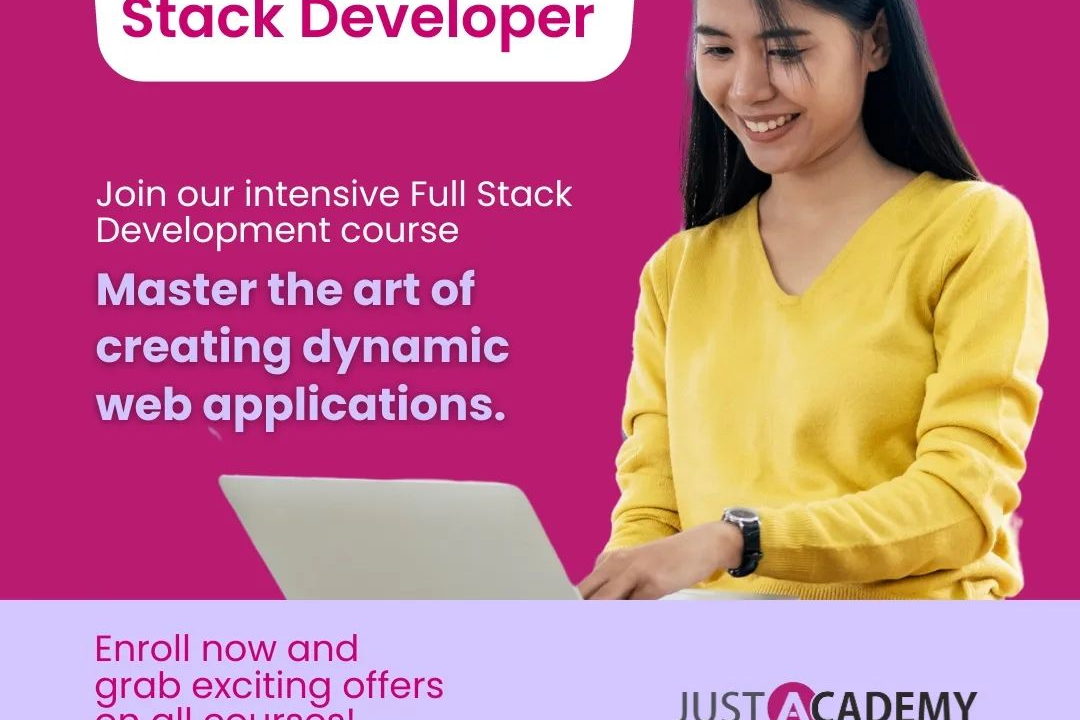Android Course Structure Bharuch
Comprehensive Android Development Course Outline for Bharuch
Android Course Structure Bharuch
The Android course structure in Bharuch typically encompasses a comprehensive curriculum designed to equip students with the necessary skills for Android app development. It usually begins with an introduction to programming concepts, followed by foundational knowledge of Java or Kotlin, the primary languages for Android development. Students learn about the Android Studio IDE, user interface design using XML, the Android application lifecycle, and how to implement various features like databases, networking, and APIs. The course often includes hands-on projects, guided practical sessions, and assessments to reinforce learning. Additionally, it may cover advanced topics like material design principles, testing, and publishing apps on the Google Play Store, preparing students for real-world development challenges.
To Download Our Brochure: https://www.justacademy.co/download-brochure-for-free
Message us for more information: +91 9987184296
1 -:
- Introduction to Android Development: Overview of the Android ecosystem, its history, and the importance of Android development in today’s tech world.
- 2) Setting Up the Development Environment: Guidance on installing Android Studio, Java Development Kit (JDK), and necessary SDKs. Configuration of the emulator for testing apps.
- 3) Understanding Android Architecture: Detailed study of the Android architecture layers, including the Linux kernel, hardware abstraction layer, and application framework.
- 4) Java/Kotlin Basics: Introduction to programming with Java and Kotlin, the two primary languages used in Android development, covering object oriented programming principles.
- 5) First Android Application: Step by step exercise on creating a simple “Hello World” Android application to familiarize students with project structure and basic UI components.
- 6) User Interface Design: Techniques for designing user interfaces using XML layouts, various UI components (TextView, Button, ImageView), and styling.
- 7) Activity and Fragment Lifecycle: Understanding the activity and fragment lifecycle, and how to manage state during different phases of an app’s life.
- 8) Intents and Broadcast Receivers: Exploration of intents for communication between components, and broadcast receivers for responding to system wide broadcast announcements.
- 9) Data Persistence: Overview of various methods to store data in Android apps, including SharedPreferences, SQLite databases, and using Room ORM.
- 10) Networking in Android: Introduction to networking concepts, using HTTP, and consuming APIs with libraries like Retrofit or Volley for data fetching.
- 11) Working with Media: Implementation of multimedia features like audio and video playback in Android applications, as well as image capture and manipulation.
- 12) Using Android Libraries: Familiarization with popular Android libraries that enhance functionality, such as Glide for image loading, Gson for JSON parsing, and others.
- 13) Testing and Debugging: Best practices for debugging Android applications and writing unit and UI tests using frameworks like JUnit and Espresso.
- 14) Publishing Android Apps: Steps on how to prepare and publish an Android app to the Google Play Store, including creating signed APKs and understanding app store policies.
- 15) Advanced Topics: Exploration of advanced topics such as using sensors, implementing location services, and understanding background processing with WorkManager.
- 16) Project Work: A capstone project where students apply what they have learned to develop a complete Android application from scratch.
- 17) Career Guidance and Placement Support: Sessions on resume writing, interview preparation, and connecting with industry professionals for internships and job opportunities.
- 18) Post Course Support: Continuous support through alumni networks and access to resources, updates in Android development, and further learning opportunities.
- This comprehensive structure is designed to provide students with a solid foundation in Android development, practical skills, and the necessary support to succeed in the field.
Browse our course links : https://www.justacademy.co/all-courses
To Join our FREE DEMO Session: Click Here
Contact Us for more info:
- Message us on Whatsapp: +91 9987184296
- Email id: info@justacademy.co
google machine learning certificate

